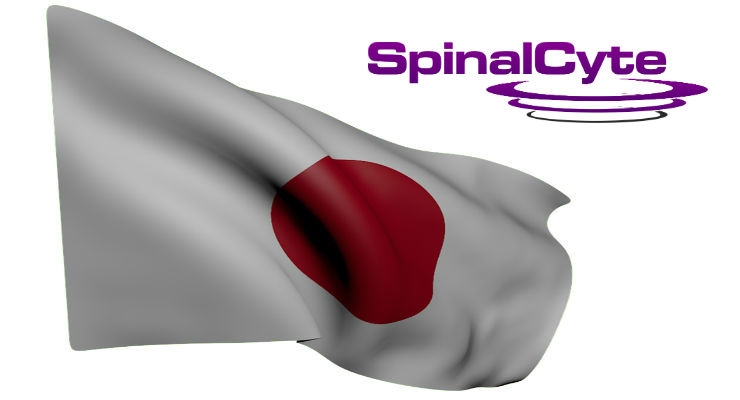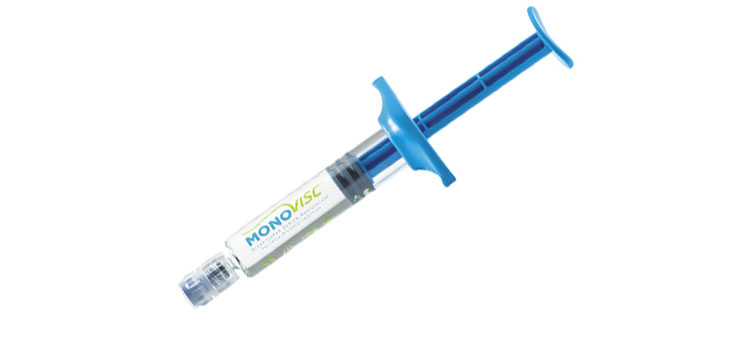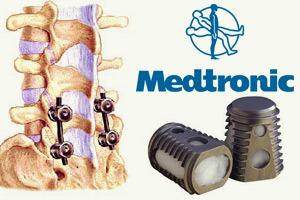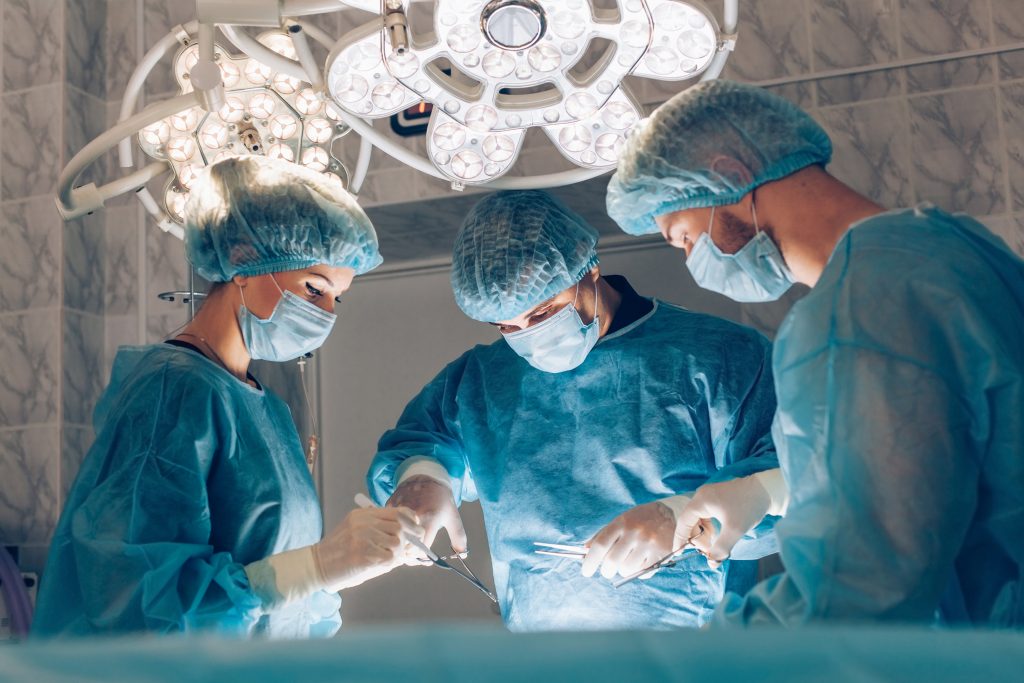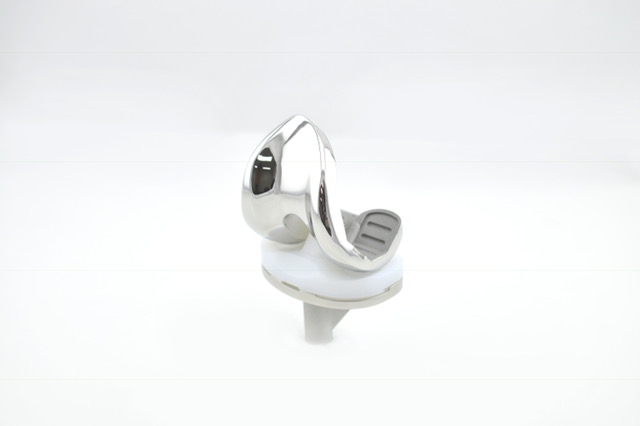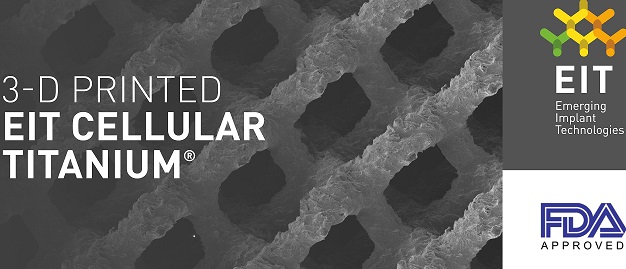ATLANTA, July 25, 2017 /PRNewswire/ — Vertera Spine, a developer of medical devices using advanced biomaterial technologies, today announced the COALESCE™ Lumbar Interbody Fusion Device has received U.S. Food and Drug Administration (FDA) 510(k) clearance for use in anterior, transforaminal, posterior, and lateral lumbar interbody fusion procedures. COALESCE features Vertera Spine’s novel proprietary porous PEEK biomaterial and is the second porous PEEK device to receive FDA clearance behind Vertera Spine’s COHERE® Cervical Interbody Fusion Device. Vertera Spine will be launching COALESCE for TLIF and PLIF procedures in multiple footprint, height, and lordotic angle configurations later this year.
COALESCE combines the osseointegration capabilities of porous metal implants with the favorable imaging and mechanical properties of traditional PEEK implants. Unlike metal-coated PEEK implants that can delaminate, COALESCE’s porous PEEK architecture is grown directly out of the implant’s solid PEEK base and has an interfacial strength stronger than the shear strength of vertebral trabecular bone. Furthermore unlike 3D-printed metal implants, porous PEEK behaves mechanically similar to bone under compression, essentially eliminating any stress shielding effects, and does not produce any imaging artifacts enabling accurate visual assessment of fusion.
Vertera Spine’s porous PEEK was first clinically introduced in May 2016 with the launch of the COHERE device for anterior cervical discectomy and fusion (ACDF) procedures. To date, over 2,000 implants have been successfully implanted with early successful clinical outcomes already reported in a peer-reviewed publication.1
“Based on the initial success with the COHERE Cervical porous PEEK device, we saw the need to apply this innovative technology to other spine applications,” said Chris Lee, Vertera Spine CEO. “We are pleased to have received FDA clearance for COALESCE and look forward to further serving surgeons’ clinical demands for a durable fusion device that successfully osseointegrates and allows for integration to be assessed on imaging.”
“I initially became convinced of porous PEEK’s clinical benefits by the successful ACDF outcomes I obtained with the COHERE device,” said Gurvinder Deol, MD, an early COHERE adopter from WakeMed Health and Hospitals in Raleigh, NC. “However, I believe porous PEEK’s true value will be demonstrated with the COALESCE device in lumbar procedures where the biologic fusion environment can be more challenging, and the biomechanics more demanding on fusion devices.”
Prior studies have demonstrated the importance of adding porosity to implants to create a strong bone-to-implant interface and more stable union.2 Supported by extensive research at Duke University and the Georgia Institute of Technology, COALESCE’s porous PEEK architecture, with 60% porosity and 300 mm average pore size, is specifically tailored to elicit the optimal osteogenic cell response and promote bone tissue ingrowth inside the pores. Dr. Ken Gall, Ph.D., Chair of Mechanical Engineering and Materials Science at Duke University, will be presenting new benchtop and clinical research on porous PEEK at the upcoming NASS Summer Spine Meeting this week in San Diego, Ca.
According to Dr. Gall, “Our latest results show that porous PEEK is able to effectively osseointegrate by forming a mechanical and biological interface with bone. Our next steps are to translate what we have learned in animal models to the clinical setting by assessing this bony ingrowth into porous PEEK on X-Ray and CT.”
About Vertera Spine:
Vertera Spine is a privately-held medical device company that develops, markets, and sells implants that use or complement its patented porous technology to address critical clinical needs in spine surgery. The company has received funding from the National Science Foundation, Georgia Research Alliance, and Duke Angel Network to translate its growing technology portfolio into commercial products. For more information, visit www.verteraspine.comor call 678.705.9039.
COALESCE is a trademark of Vertera Spine. COHERE is a registered trademark of Vertera Spine.
1Smith KE, Burkus JK, Gall K, et al. Getting PEEK to Stick to Bone: The Development of Porous PEEK for Interbody Fusion Devices. Techniques in Orthopaedics (accepted, in press).
2Svehla M, et al. Morphometric and mechanical evaluation of titanium implant integration: Comparison of five surface structures. J Biomed Mater Res, 2000.
Media Contact:
Jenn Pratt
Carabiner Communications
678.655.2273
jpratt@carabinercomms.com
Company Contact:
Lindsay Larson
Vertera Spine
571.758.3783
info@verteraspine.com
SOURCE Vertera Spine


